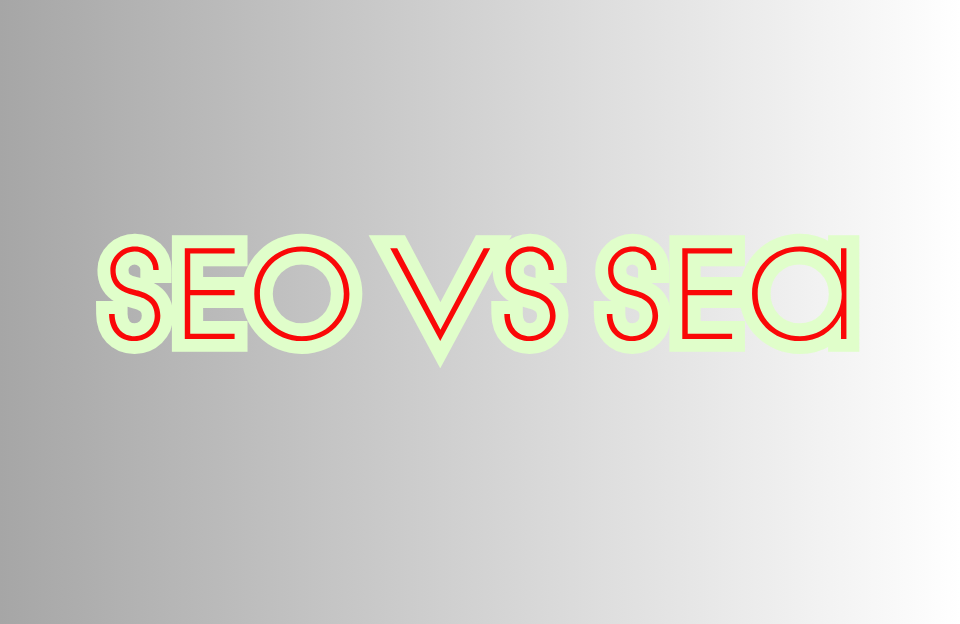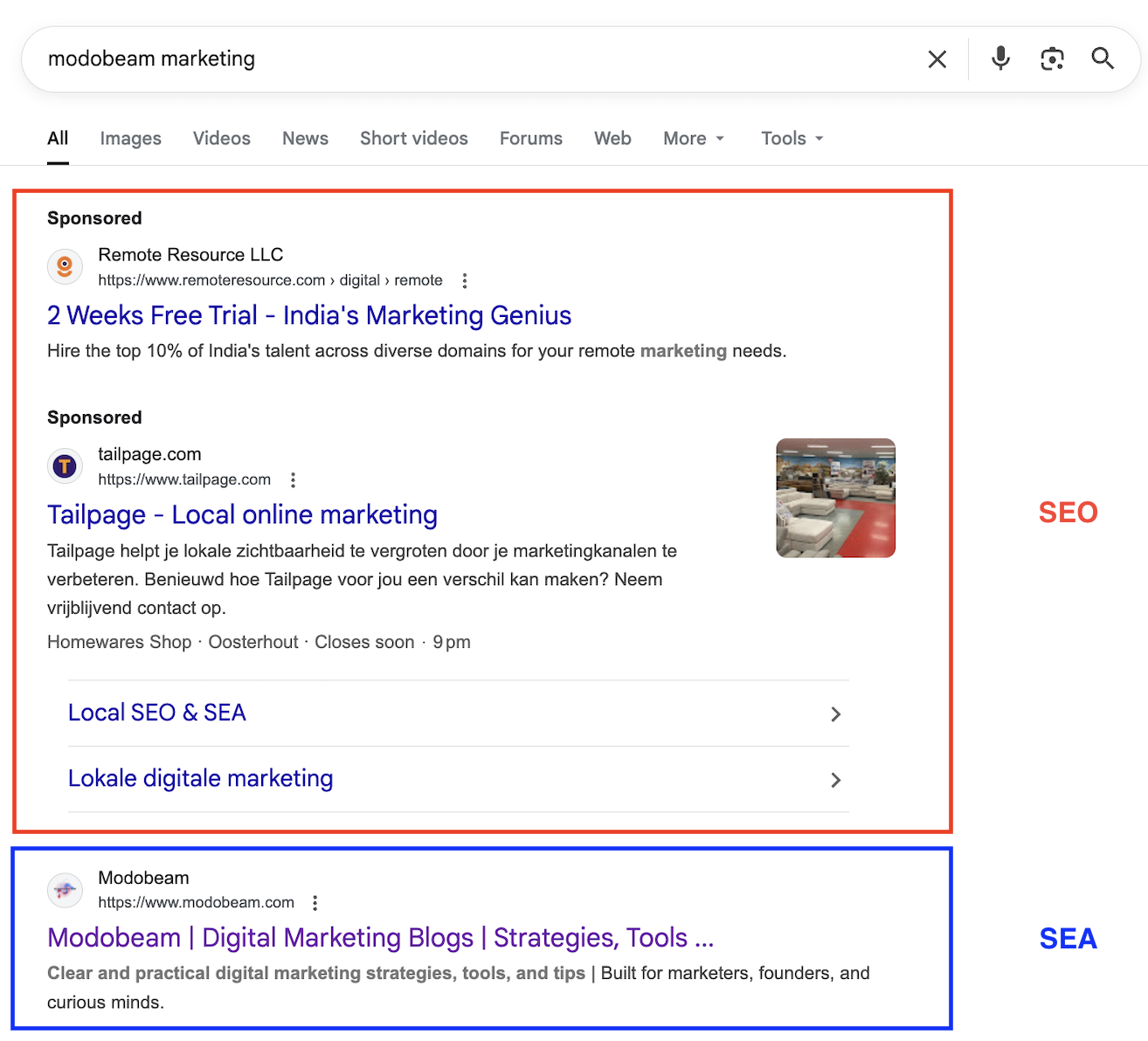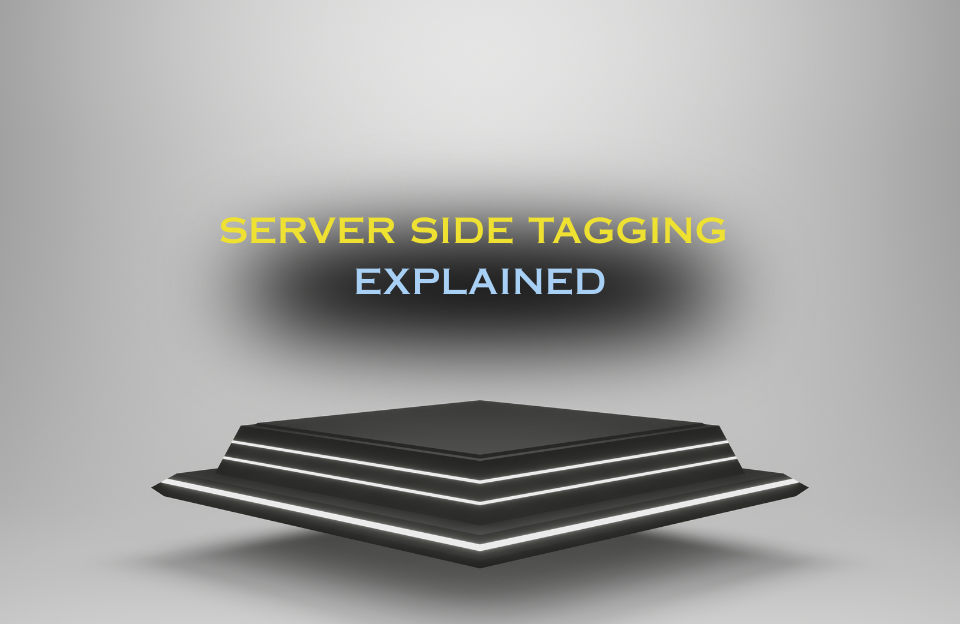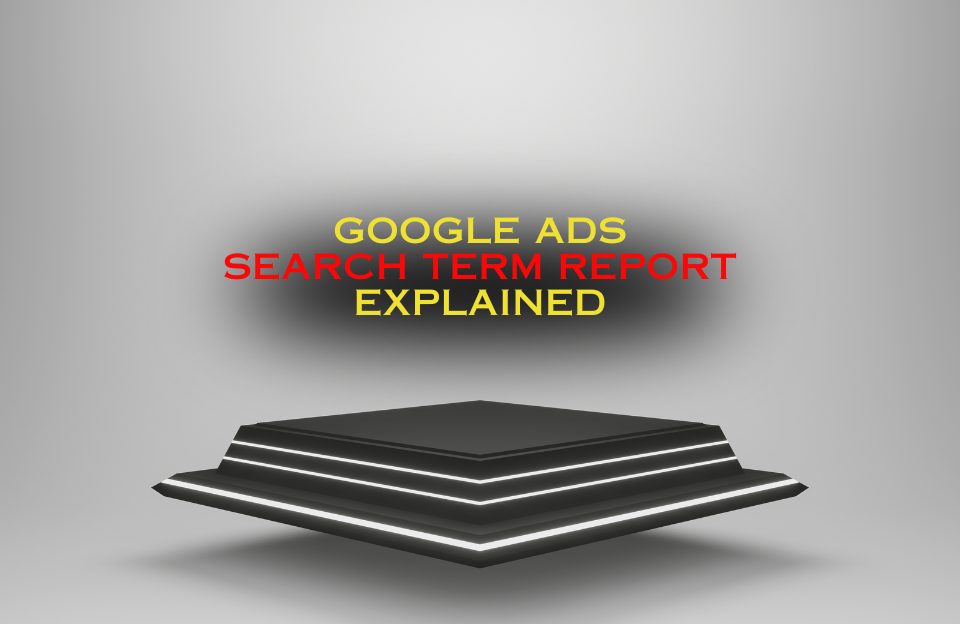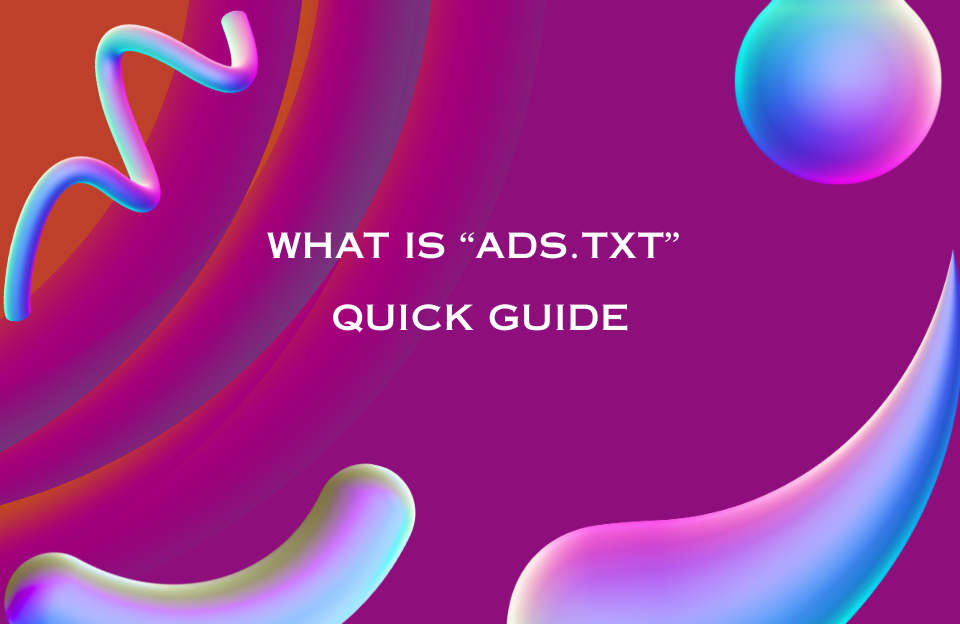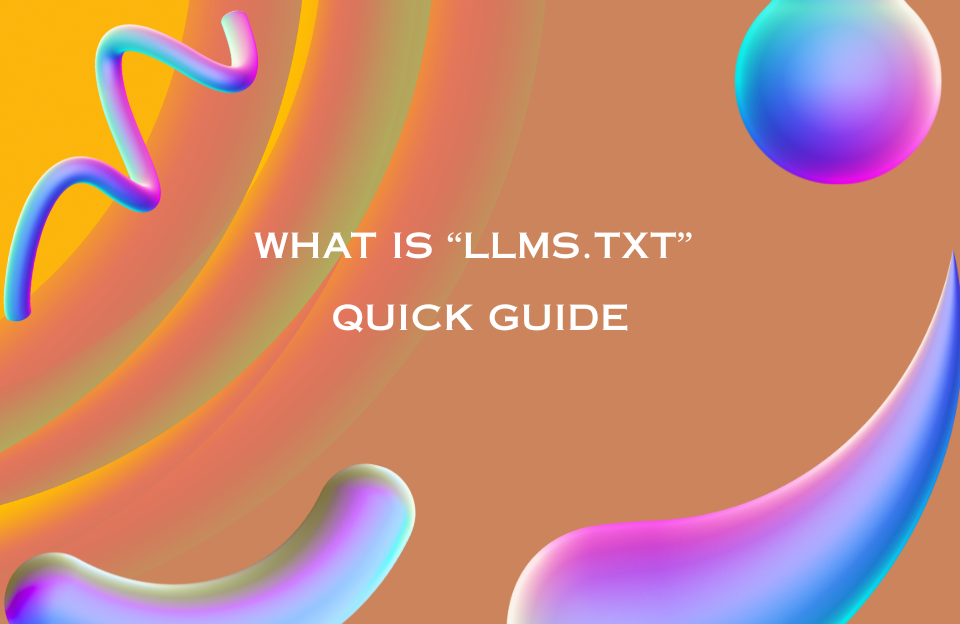What Is SEO?
Search Engine Optimization (SEO) is the practice of making your website more visible in Google’s organic results. It typically spans three areas:
- Technical SEO: site speed, crawlability, mobile-friendliness, structured data.
- On-page SEO: content that matches search intent, clear headings, optimized metadata, smart internal linking.
- Off-page SEO: authority via backlinks, brand mentions, reviews.
27.6% — Average CTR of the #1 organic Google result vs. 2.4% for position #10 (Backlinko, 2023).
Example: A B2B software company publishing in-depth supply-chain guides can steadily attract decision-makers for years, turning each guide into a long-term lead generator.
Takeaway: SEO takes time but compounds, building credibility and trust once authority is established.
What Is SEA?
Search Engine Advertising (SEA) refers to paid ads on platforms like Google Ads or Microsoft Advertising. You choose keywords, audiences, and budgets, and pay when someone clicks. Main benefits include:
- Speed: instant visibility once campaigns go live.
- Control: granular targeting by keyword, location, device, audience.
- Testing: quickly validate offers and messages with measurable results.
Average Google Ads search conversion rate: 4.40% (WordStream, 2024). Some sectors, like travel and automotive, exceed 10%. CPCs range from ~€1–2 in retail to €30+ in legal and insurance (Statista, 2023).
Example: An online fashion retailer can advertise “linen dresses” and generate immediate sales, even before SEO pages rank.
Takeaway: SEA is ideal for fast traction, launches, and seasonal peaks, but traffic stops when spend stops.
SEO vs SEA: Key Differences
| Aspect | SEO | SEA |
|---|---|---|
| Time to results | 3–12 months | Immediate |
| Cost model | Content, technical setup, authority | Ongoing CPC/CPA budget |
| Durability | Evergreen, compounding traffic | Stops when budget stops |
| Trust factor | Often perceived as more credible | Highly visible but labeled as ads |
| Best for | Authority & long-term visibility | Short-term campaigns, rapid tests |
Which Businesses Benefit More From SEO?
- B2B software: long cycles and complex decisions benefit from authoritative guides.
- Healthcare & finance: credibility is critical; organic rankings reinforce trust.
- Education: tutorials, glossaries, and blogs drive steady organic traffic.
Watch out: SEO requires patience. If you need immediate results, complement it with SEA. Frameworks like the Business Model Canvas help prioritize SEO in your growth strategy.
Which Businesses Benefit More From SEA?
SEA fits businesses needing quick wins or operating in highly competitive markets:
- E-commerce: scale during peaks (e.g., Black Friday) — Shopping Ads amplify results.
- Local services: capture “near me” searches for instant calls.
- Startups: validate messaging and offers before heavy SEO investment.
Average CPCs in Google Ads rose by 15–20% year-over-year in many industries (Statista, 2023).
Practical Scenarios by Business Type
- Startup SaaS: Use SEA first to test value props; then build SEO cornerstone & comparison pages aligned with buyer personas.
- Local restaurant: SEA for “restaurant near me”; SEO for menus, reviews, local content.
- Fashion e-commerce: SEA for launches/remarketing; SEO for evergreen style guides. Link to Customer Lifetime Value strategies.
- Professional services: SEO for authority; SEA to maintain lead flow in slow periods.
Case Study: Gymshark’s Growth With SEO and SEA
Gymshark shows how paid and organic can scale together:
- SEA: bursts of visibility for product launches.
- SEO: optimized landing pages, blog content, backlinks from influencers/media.
- Result: Organic traffic more than doubled (2017–2020) while paid ads fueled short-term sales.
Lesson: Paid builds momentum fast; SEO sustains it.
Common Misconceptions About SEO vs SEA
- “SEO is free”: no CPC, but ongoing investment is required; 69% of businesses invest annually (HubSpot).
- “SEA guarantees conversions”: average search CVR is only ~4–5%; landing-page quality matters most.
- “Choose one”: businesses combining both often see 30% more organic clicks (Google research).
How SEO & SEA Work Together in the Customer Journey
- SEO educates and builds trust in awareness/consideration.
- SEA captures high-intent demand at decision time.
- Combined strategies lift total visibility and brand recall.
Tips to Choose the Right Mix
- Short-term goals: lean on SEA for immediate impact.
- Long-term growth: invest steadily in SEO.
- Test & adapt: mine the Search Terms Report for SEO opportunities.
- Budget: balance both to avoid dependency on one channel.
The Hybrid Approach
- Validate with SEA: test demand and messaging; use the Search Terms Report to find winners.
- Scale with SEO: turn winning queries into evergreen content and landing pages.
- Stay adaptable: monitor shifts like the Search Generative Experience.
Bottom Line
SEO and SEA aren’t rivals — they’re complementary. SEA wins the “now” with speed and actionable data. SEO wins the “later” with trust, authority, and compounding traffic. Companies aligning both consistently outperform those relying on just one.
Conclusion & Next Steps
Use SEA to validate offers and fill short-term gaps, while you build durable organic visibility with SEO. Want a practical decision aid to pick the right channel for your current goal? Read our companion guide SEO or SEA for a step-by-step checklist and examples.
